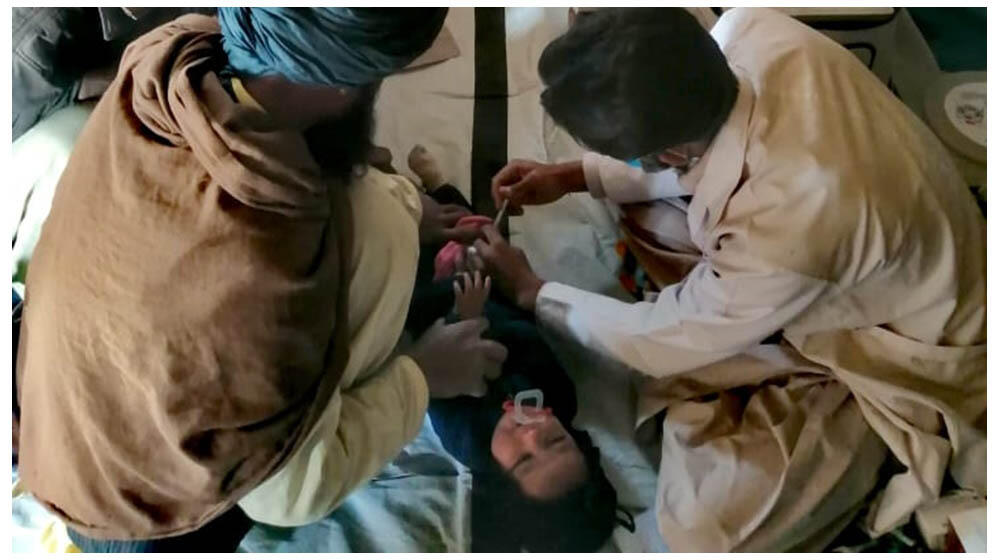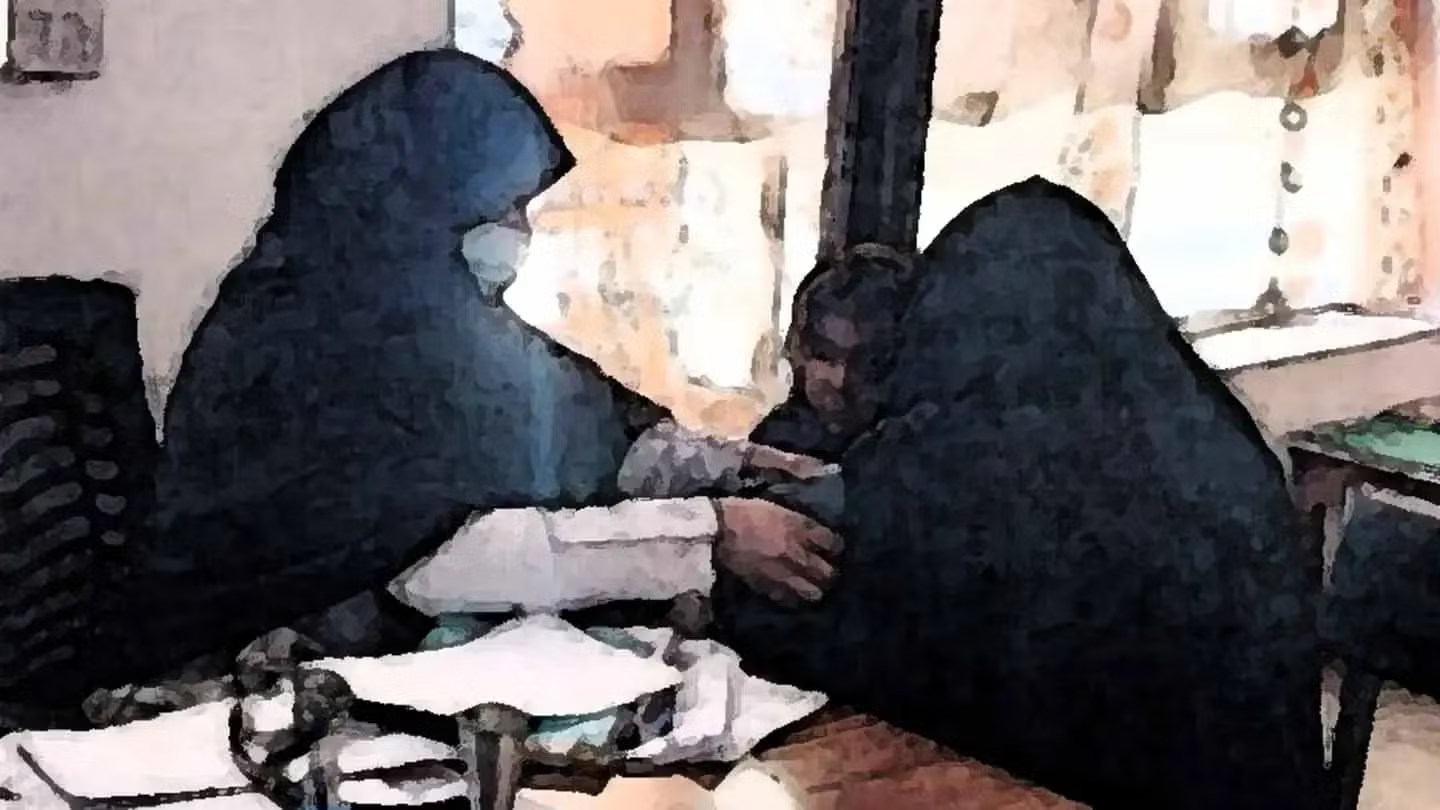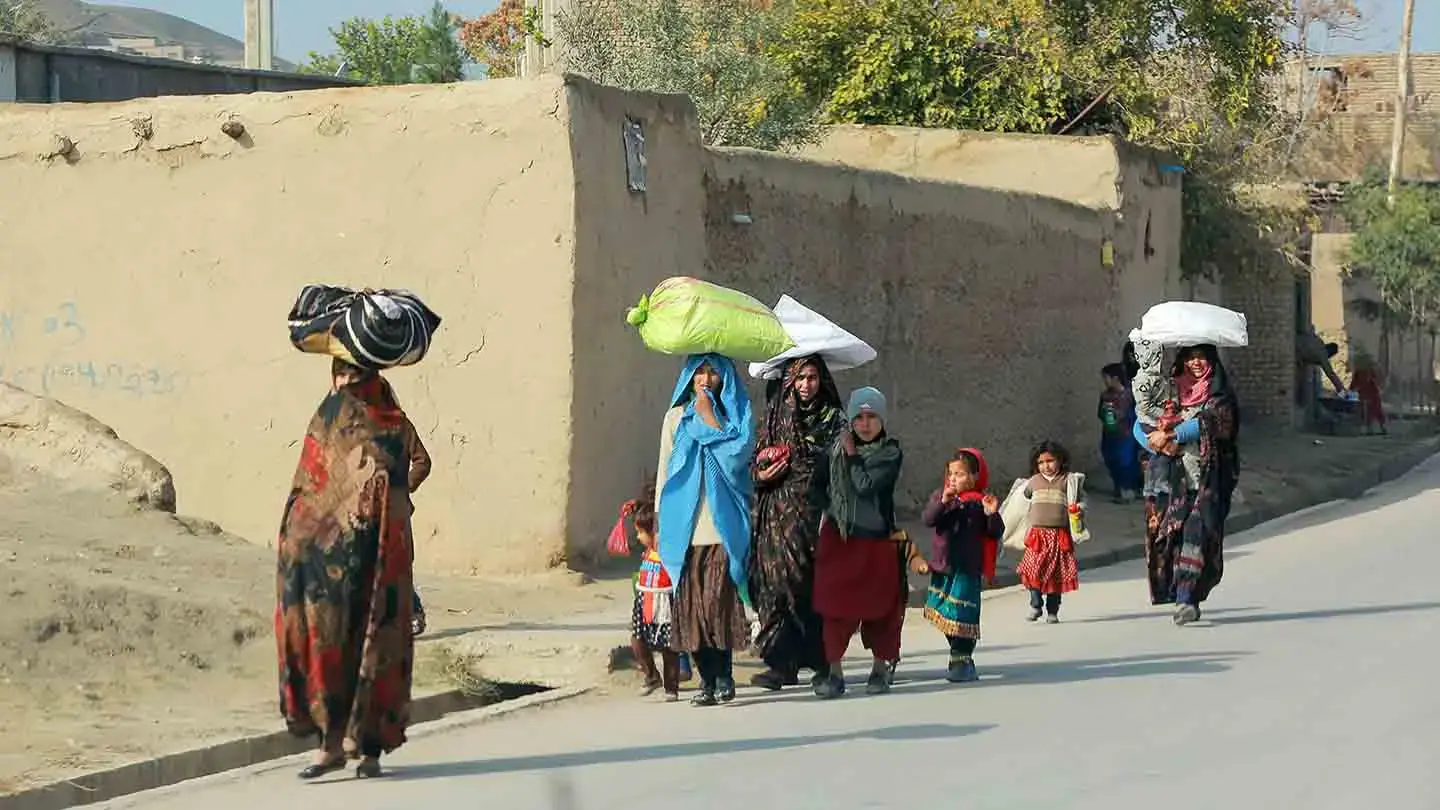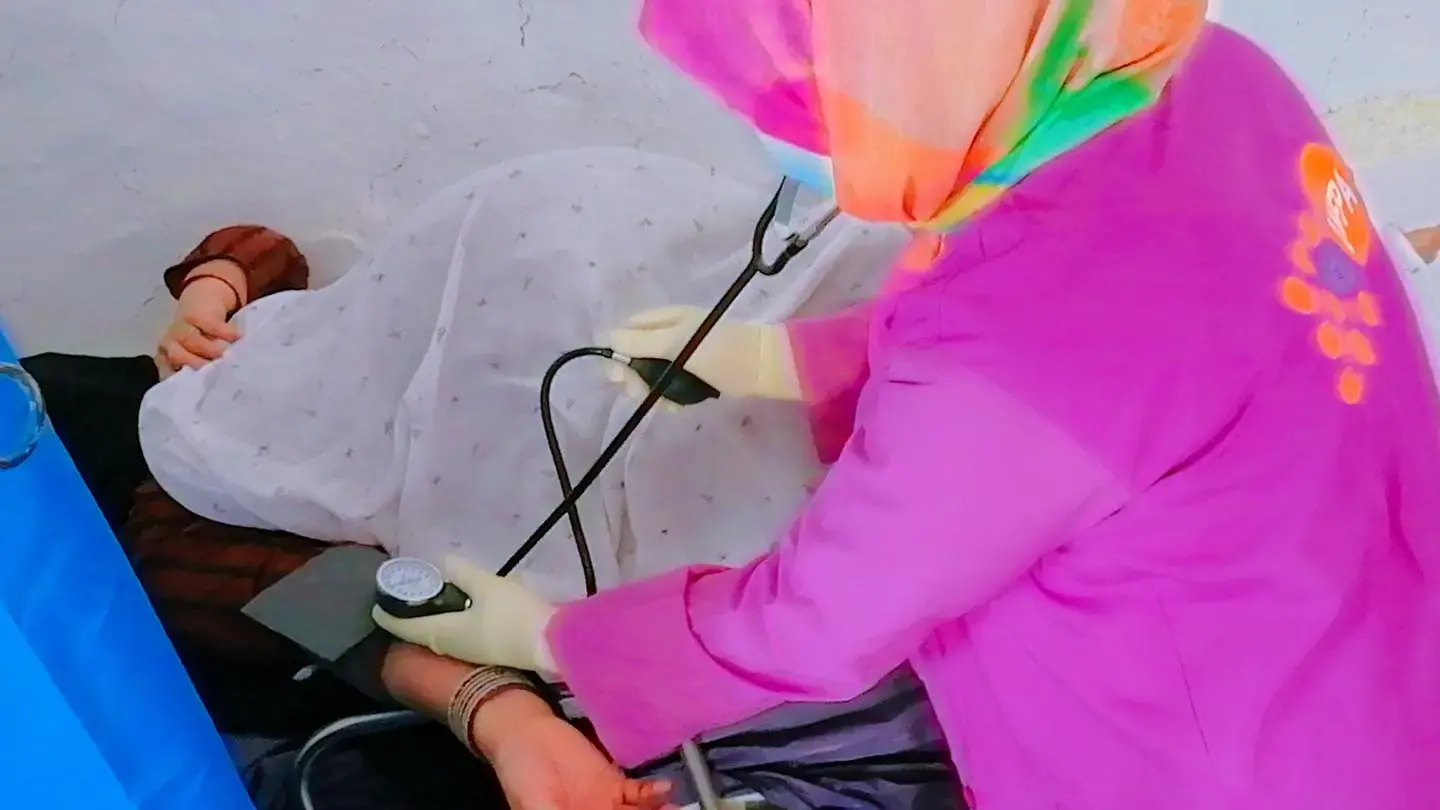Nimroz, Afghanistan – Growing up in a small village in Khashrod District, Niamatullah Haidari was accustomed to seeing people in his community suffer from various kinds of diseases without adequate healthcare to support them. One day, the sight of a young girl with polio tugged at his heartstrings and made him want to be a health worker.
Niamatullah’s village was too remote, and when people got sick, they could not afford the cost of transportation to get to a clinic or hospital. “There was no health facility nearby and people didn’t know anything about healthcare,” he recalled. “Some of the sick, especially children, became too weak to survive,” he added.
Niamatullah learned to accept such a situation as part of life. His apathy, however, changed when, one day, he met a four-year-old girl suffering from polio in his village.
“I was walking home from school, when I saw this little girl with one leg paralyzed because of polio,” he narrated.
Because of the dire situation in his village, health workers barely came to conduct vaccinations for the children. “I rarely saw health workers come to our village and families did not know anything about vaccines. That’s why children were left unvaccinated,” he said.
The sight of the frail young girl barely able to move without assistance broke Niamatullah’s heart. He wished he could do something to help the girl’s condition.
But while he was not able to do anything at that moment, his frustration led to a strong resolve to improve healthcare in his community. “After graduating from high school, I took up training courses in health care, including vaccination,” he said.
After the training, Niamatullah joined the Mobile Health Team (MHT) in Nimroz as a vaccinator. “It was hard to see people suffering from illnesses and not having access to health services. I wanted to do something, and I got the chance to fulfill this through the MHT,” he mused.
MHTs are UNFPA-supported mobile health services reaching hard-to-reach and remote areas of Afghanistan. Niamatullah’s MHT is one of the facilities supported by UNFPA with funding from the Government of Japan to provide maternal, reproductive, newborn, child and adolescent health care, including vaccination, for women and young girls in marginalized communities in Nimroz.
“When I started my work as a vaccinator, I realized that the situation was worse than I thought,” the 23-year-old Niamatullah sighed.
“At first, I wasn’t very familiar with the way things worked in the community, but as time passed, I gained the peoples’ trust and they supported what I do. Even those who initially refused to have their children vaccinated now join me in my house visits to carry out my work.”
Seeing the impact of the services he renders for his community, Niamatullah is motivated to pursue a degree in medicine. His younger brother also took inspiration from his work and is now taking up medical studies.
“My brother and I are planning to be the first doctors in our community,” he said with determination.





